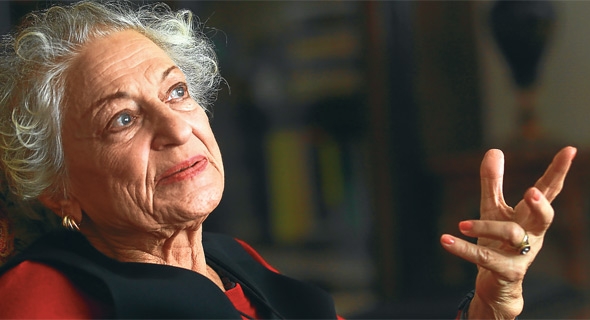Mavi Boncuk | Turkish Constitution to get a new life.
When they saw Hodja sitting by the lake and stirring some yogurt into the water they asked him what he was doing.
“I am adding starter into the lake to make yogurt,” he answered.
“But is it possible to turn the lake into yogurt?”
“I know it is impossible but what if it happens” Hodja replied.
When they saw Hodja sitting by the lake and stirring some yogurt into the water they asked him what he was doing.
“I am adding starter into the lake to make yogurt,” he answered.
“But is it possible to turn the lake into yogurt?”
“I know it is impossible but what if it happens” Hodja replied.
Anayasa (Constitution)
B-Anayasa (Constitution for me)
Ata-Yasa (M.K.Ataturk's Constitution)
"what if it happens” Hodja replied.



























